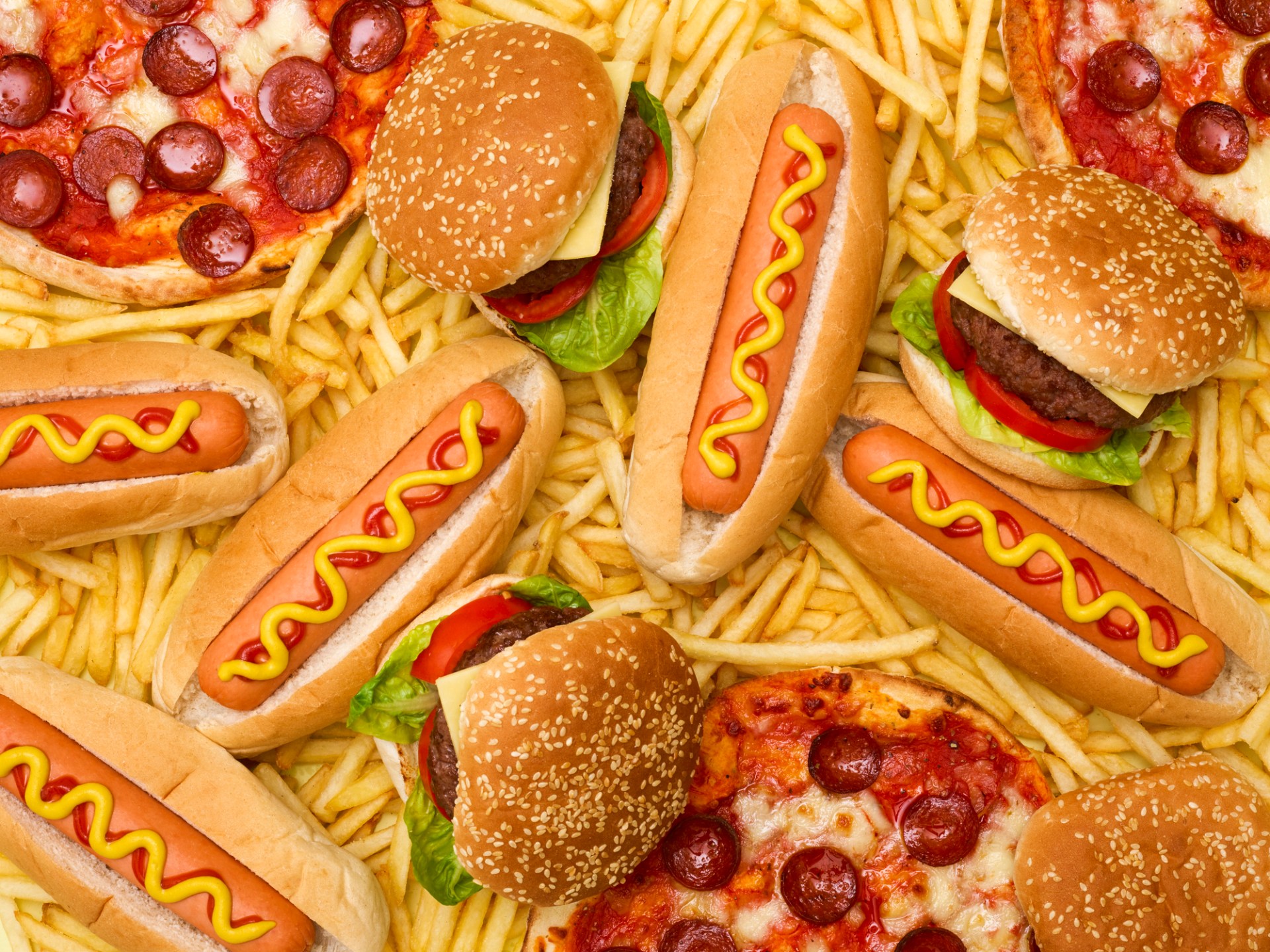
HEALTH WARNING ISSUED FOR UK TAKEAWAYS — HERE’S HOW IT MIGHT AFFECT YOU AND HOW TO COPE
Whether consumed as a hangover cure or an addition to a Netflix marathon, takeaways are an integral part of many peoples’ weekends.
However, a new study has issued a health warning for those who partake in this quintessentially British tradition, as the findings suggest that some takeaway meals contain more calories than the recommended daily intake.
According to the NHS Eatwell Guide, women should consume around 2,000 calories a day and men around 2,500, while the UK Government’s One You campaign encourages adults to eat 400 calories at breakfast and 600 for both lunch and dinner, with the remainder covered by snacks.
Now, new research shows that six out of 10 takeaway meals exceed the 600-calorie suggestion for lunch and dinner, a trend that the study’s authors have warned could be fuelling the UK’s obesity crisis.
The study, published by social innovation agency Nesta, finds that one in three meals bought from fast food outlets contains at least 1,300 calories – which is double the recommended figure for lunch and dinner.
On average, pizzas have the highest calorie content. Some contain almost all the recommended daily allowance, contributing to 7.5% of all calories bought across the UK.
Elsewhere, the stats show that approximately 60% of the UK population purchase out of home (meaning any prepared food or drink bought for immediate consumption and includes things like meal deal sandwiches) at least once a week. Around 7 million (11%) use it once a day.
How to cope with navigating calories
When calorie labels were first introduced to menus in 2022, critics argued that the measure could trigger people with eating disorders (who have an obsession with the number of calories they consume) and foster warped and disordered relationships with food and calories.
‘[Labelling calories on menus] might mean that someone with an eating disorder will try to divide their portion, skip it altogether, or spend the rest of the day worrying about their overall calorie intake,’ James Davis, a psychologist, personal trainer and sports nutritionist, previously told Metro.co.uk.
‘It could also trigger feelings of shame and anxiety, because they’re used to controlling their calorie intake themselves and it might feel like this is a meal choice out of their control.’
As such, navigating calories and food can be incredibly challenging for people who struggle with eating disorders or have a negative body image.
So, is there a way to cope with navigating calories, particularly when presented on food and takeaway menus?
Don’t get hung up on calorie counts
‘Don’t be overly worried about the calories of your menu choice – life is to be enjoyed and is about balance – calories are not something to obsess over,’ James advised.
‘If you’re eating out every night, then yes, you should take more care, but for the occasional meal out, don’t get hung up and enjoy it.’
Learn about your own nutritional needs
If you want to take calorie counts on takeaways into account, it’s important to understand how this fits into your daily needs.
James said: ‘Be aware of your overall daily calorie needs so you’re comfortable making an informed choice from the menu knowing how that fits into your day.’
Remember that calories aren’t everything
While, in some circumstances, it’s good to know how many calories you’re eating, there’s a lot more to be gained from understanding the actual nutritional makeup of your food.
‘The quality of the food we’re eating, and the macronutrient blend is also important,’ James concluded.
‘Your body will utilise 500 calories of raw organic spinach very differently to 500 calories of jelly babies, for example.
‘Remember that the calories of one meal aren’t the be-all and end-all.
‘The type of food, quality, make-up of the macronutrients all play a role as well.’
What to do if you're worried about yourself or a friend
If you or a loved one is struggling with disordered eating, reach out to your GP in the first instance, or there are charities you can reach out to:
Call or email the Beat helpline
Call the Mind helpline
Contact Overeaters Anonymous Great Britain.
Do you have a story to share?
Get in touch by emailing [email protected].
Get your regular dose of need-to-know lifestyle news and features by signing up Metro's The Fix newsletter
2024-06-22T14:46:31Z dg43tfdfdgfd